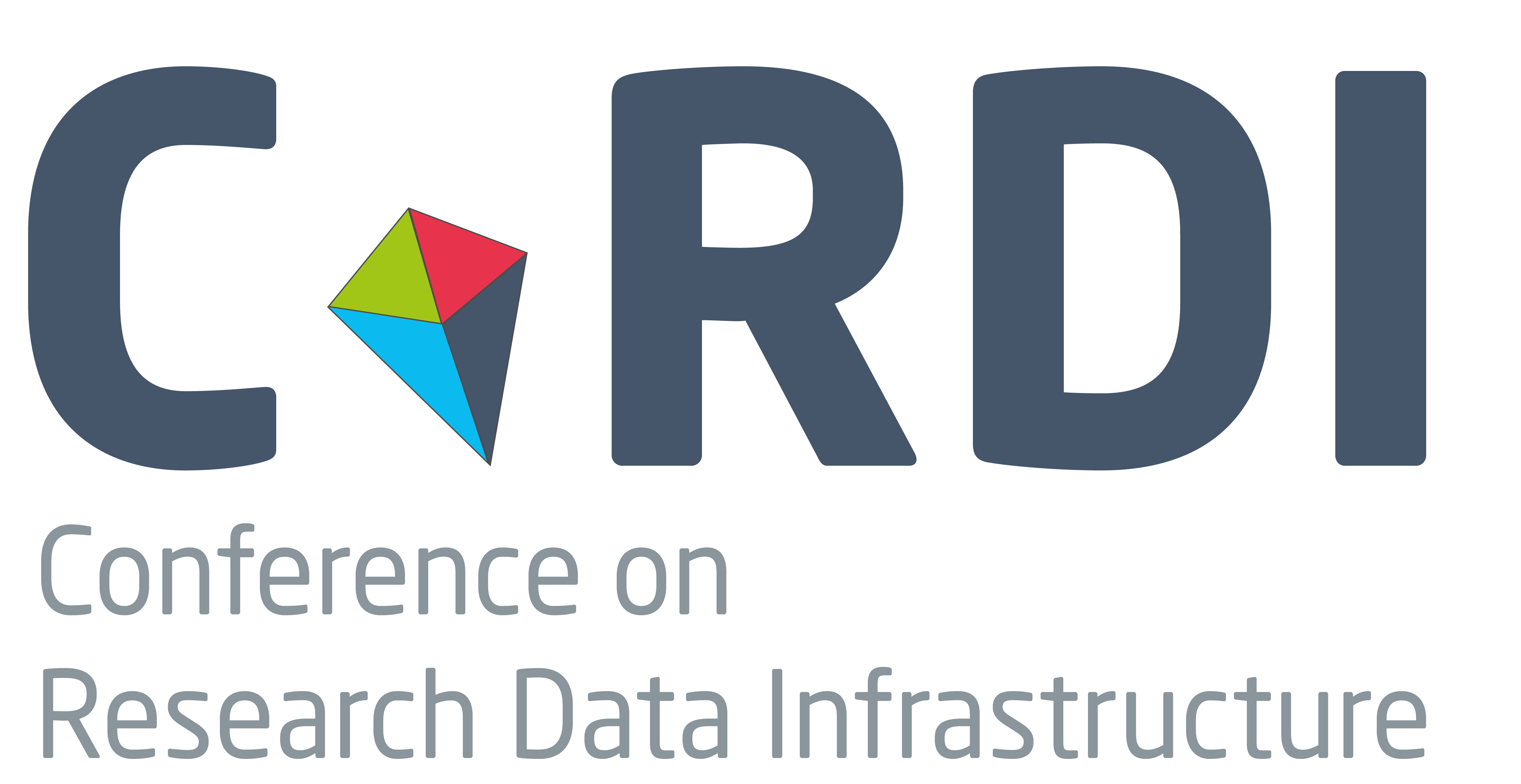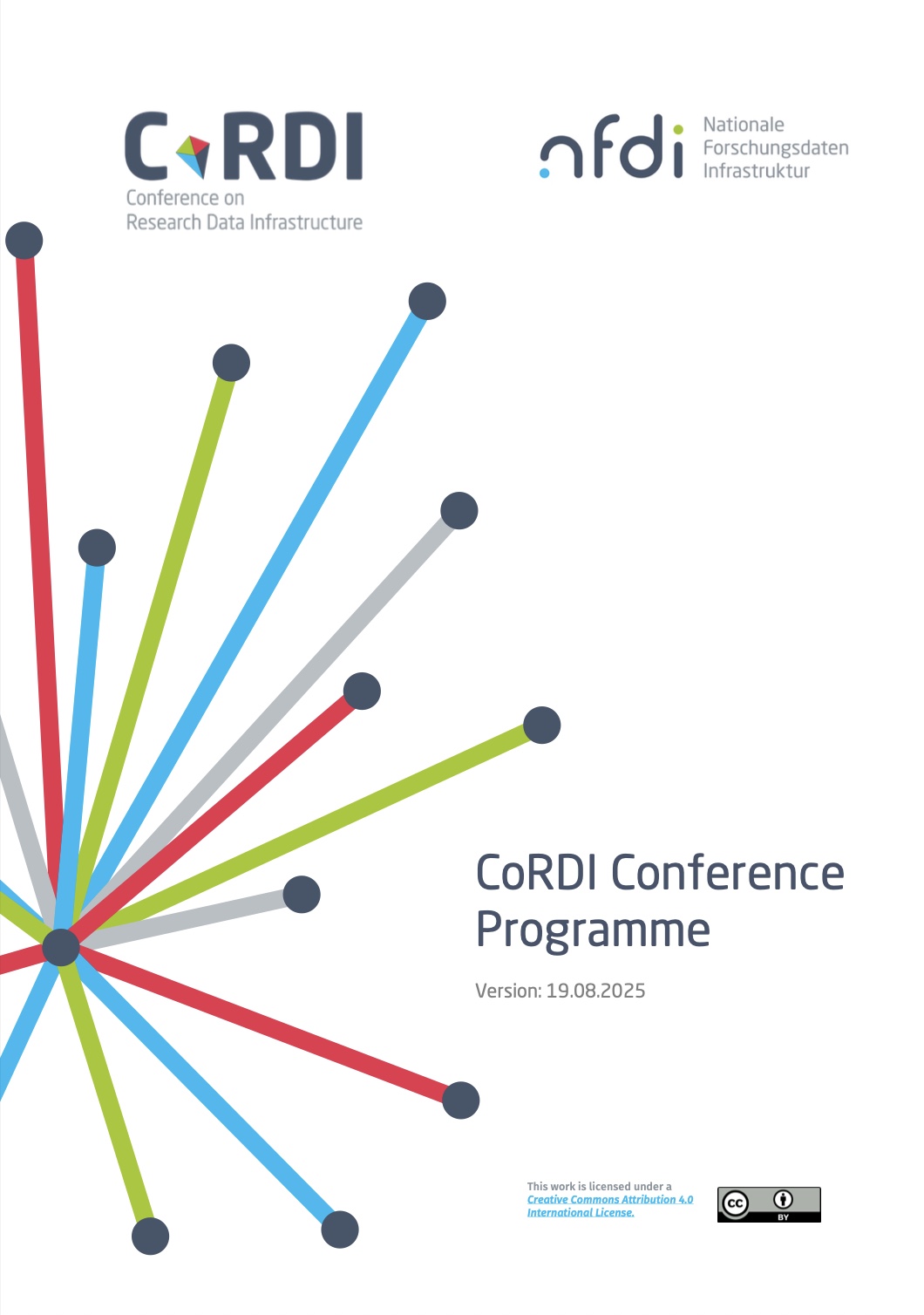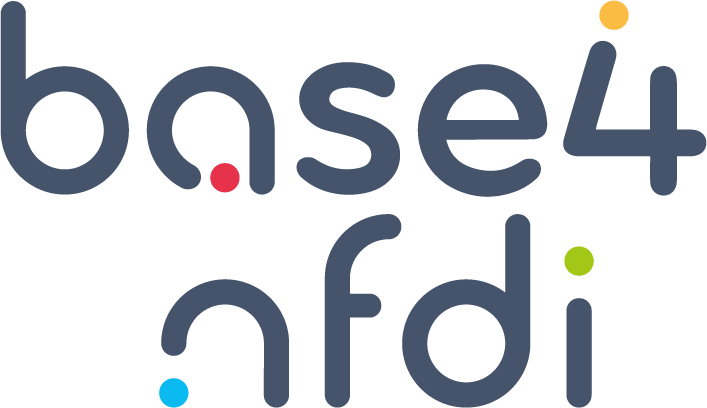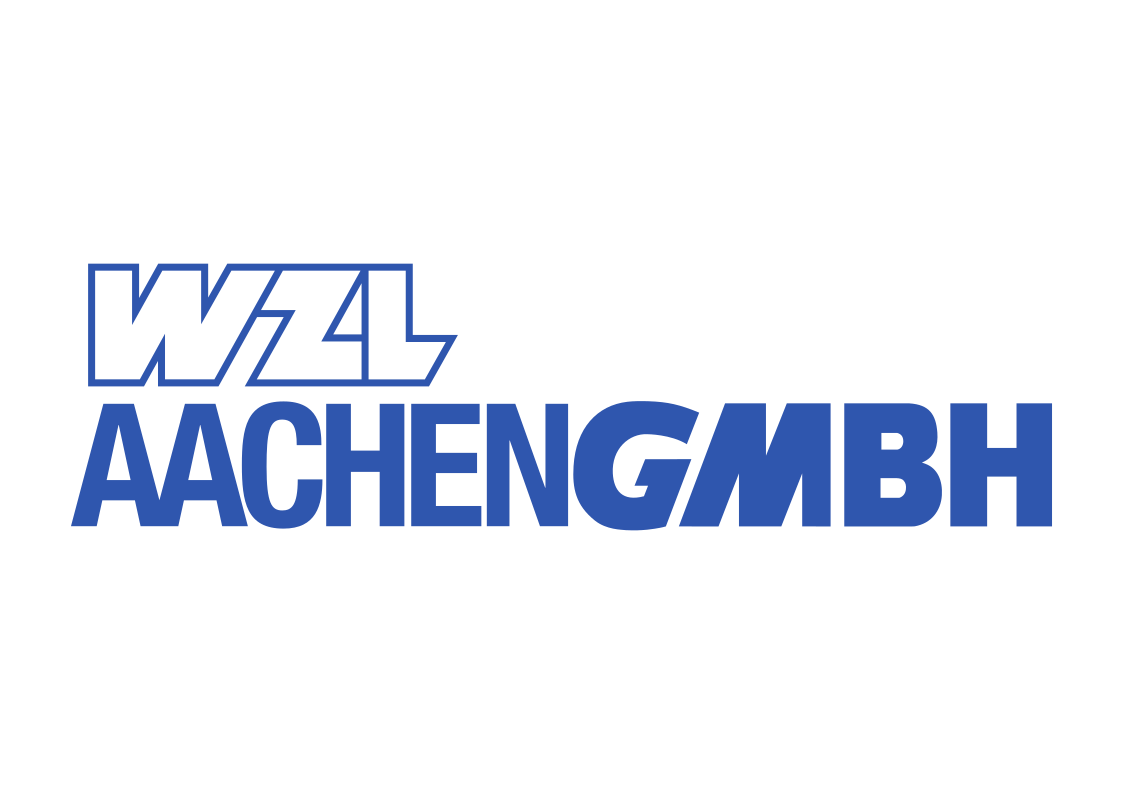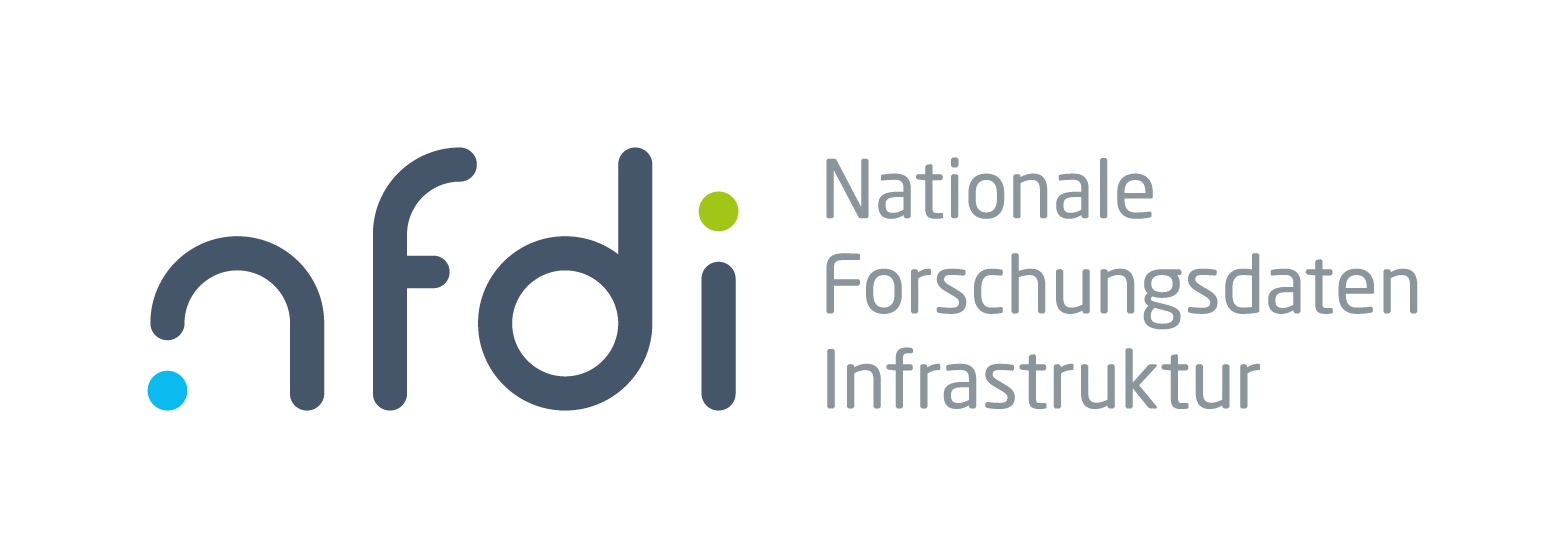CoRDI 2025
About the Conference on Research Data Infrastructure 2025 in Aachen
The second edition of the Conference on Research Data Infrastructure (CoRDI) will take place from 26 to 28 August 2025 at RWTH Aachen University. A broad programme is planned in the lecture hall centre C.A.R.L. with keynotes, lectures, poster sessions and a market of opportunities.
The CoRDI stands for more knowledge through better use of research data and the resulting added value for society. We look forward to welcoming national and international stakeholders from all fields of research and infrastructure to CoRDI 2025 in Aachen.
On this page and the subpages you will find all information about the conference.
Want to stay up to date? Subscribe to our NFDI newsletter!
Programme
Overview
| 08:00-09:00h |
Registration Foyer entrance |
||||
| 09:00-10:30h | |||||
| 10:30-11:00h |
Coffee break Foyer |
||||
| 11:00-12:30h |
Educating RDM
H08 |
RDM in Context
H07 |
Humanities and Social Sciences H11 |
RDM Infrastructures
H01 |
|
| 12:30-14:00h |
Lunch Market of opportunities Foyer |
||||
| 14:00-15:30h |
Natural Sciences H07 |
RDM Infrastructures
H01 |
Life Sciences
S02/S03 |
DFG Pinboard Conversations H11 |
|
| 15:30-16:00h |
Coffee break Market of opportunities Foyer |
||||
| 16:00-17:00h |
H01 |
||||
| 17:00-17:30h |
Digital Sovereignty: Resilience in research data infrastructures H01 |
||||
| 17:30-18:00h |
Break & shuttle transfer Shuttle transfer in front of C.A.R.L. to WZL |
||||
| 18:00-21:00h |
Evening Event: Barbecue Dinner at Werkzeugmaschinenlabor WZL WZL, Steinbachstraße 19, 52074 Aachen |
||||
|
08:00-09:00h |
Registration Foyer entrance |
|||
|
09:00-10:00h |
Keynote: Cathrin Stöver, GÉANT “GÉANT in a nutshell: Why dedicated connectivity and services for science and education are indispensable for Europe’s scientific leadership” H01 |
|||
|
10:00-10:30h |
Coffee break Foyer |
|||
|
10:30-12:00h |
Educating RDM H07 |
RDM Infrastructures A H01 |
RDM Infrastructures B H08 |
Natural Sciences H11 |
|
12:00-13:30h |
Lunch Market of Opportunities Foyer |
|||
|
13:30-15:00h |
RDM Infrastructures H07 |
RDM in Context H08 |
Natural Sciences H11 |
Base4NFDI H01 |
|
15:00-15:30h |
Coffee break Market of Opportunities Foyer |
|||
|
15:30-16:00h |
Closing H01 |
|||
Chairs and Programme Commitee
- General Chair: York Sure-Vetter (NFDI, KIT)
- Programme Chair: Paul Groth (University of Amsterdam)
- Local Chair: Robert Schmitt (RWTH Aachen)
- Publicity Chair: Nathalie Rathgeb (NFDI)
Track Chairs:
- Educating RDM: Celia van Gelder (Health-RI), Sonja Herris-Pawlis (RWTH Aachen)
- Engineering Sciences: Ralph Müller-Pfefferkorn (TU Dresden), Felix Engel (TIB)
- Humanities & Social Sciences: Mercè Crosas (Barcelona Supercomputing Center), Torsten Schrade (Akademie der Wissenschaften und der Literatur Mainz)
- Impact of RDM: Kathleen Gregory (Centre for Science and Technology Studies, Leiden University), Florian Stahl (Universität Mannheim)
- Life Sciences: Birte Lindstädt (ZB MED), Xenia Specka (ZALF)
- Natural Sciences: Claudia Draxl (Humboldt-Universität zu Berlin), David Linke (Catalysis)
- RDM in Context: Oscar Corcho (Universidad Politécnica de Madrid), Oliver Koepler (TIB)
- RDM Infrastructure: Carole Goble (University of Manchester), Lars Bernard (TU Dresden)
Location
The conference will take place in the C.A.R.L. (acronym for Central Auditorium for Research and Learning) at RWTH Aachen University. The building offers lecture halls and seminar rooms on several floors and is located in Aachen’s central area east of the Westbahnhof.
Address: Claßenstraße 11, 52072 Aachen
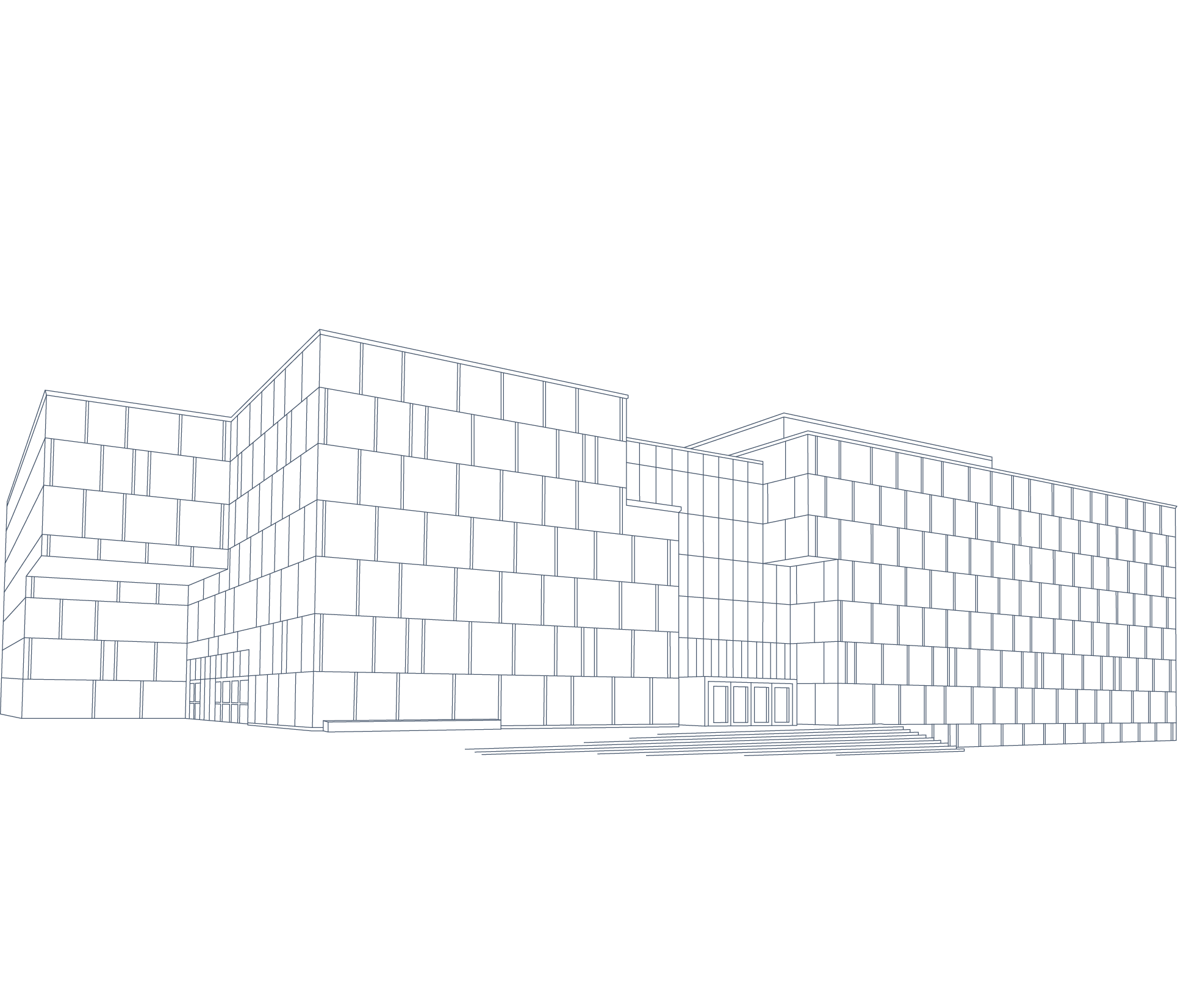
Registration
Registration for the 2nd CoRDI from 26-28 August was open until 15 August. Tickets could be purchased via the Eventbrite booking system.
Admission to the entire conference, daytime catering and the evening event on Campus Melaten with food, guided tours and other activities around the WZL Machine Hall are included in the ticket price.
2nd Base4NFDI User Conference (UC4B2025)
UC4B2025 takes place directly after the CoRDI and is thematically related to it. The interactive program will allow the basic service teams to show themselves, promote exchange with international experts and also report on the status of the Base4NFDI project. However, the central aim of the event is to benefit cooperation between basic service teams and NFDI consortia. The event is free.
Further information on UC4Base and registration can be found at: https://events.gwdg.de/event/1103/
Organisation team
The conference is jointly organised by the NFDI, the Werkzeugmaschinenlabor WZL der RWTH Aachen and WZL Aachen GmbH with the support of the NFDI4ING consortium.
If you have any questions, you can contact the team by e-mail at events(at)nfdi.de.
Call for Contributions
The Call for Contributions is closed. Many thanks for over 360 submissions! All notifications regarding submissions will be sent via EasyChair.
